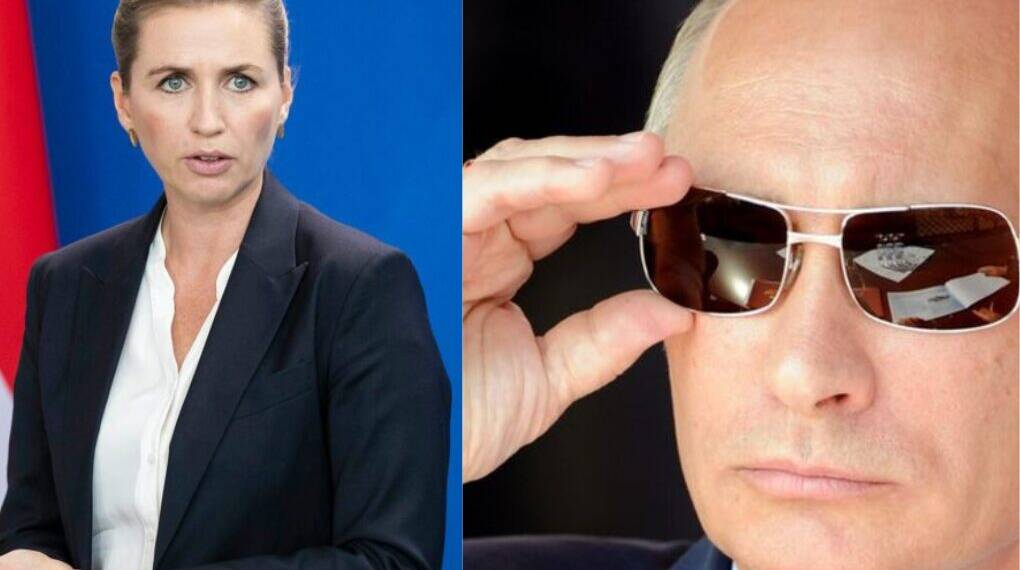In a significant shift in its defense policy, Denmark has announced plans to acquire long-range precision weapons capable of striking targets as far as Moscow, marking what Prime Minister Mette Frederiksen has described as a “paradigm shift” in the nation’s military strategy.
The announcement, made on September 17, 2025, comes amid heightened concerns over Russian aggression and its implications for European security.
Frederiksen, addressing journalists, emphasized the enduring threat posed by Russia to Denmark and Europe. “There is no doubt that Russia will be a threat to Denmark and Europe for many years to come,” she stated, underscoring the need for a robust deterrence strategy.
The decision to procure long-range weapons, such as missiles or drones, is aimed at enhancing Denmark’s ability to neutralize distant threats, including enemy missile systems. “With these weapons, the defense forces will be able to hit targets at long range and, for example, neutralize enemy missile threats,” Frederiksen added.
The move follows Denmark’s largest-ever arms purchase, a $9.2 billion deal for European-made air defense systems announced last week. This acquisition included Franco-Italian SAMP/T long-range systems and medium-range systems from Norway, Germany, or France, reflecting Denmark’s preference for European defense partnerships over U.S. systems like the Patriot, citing cost and delivery delays. Defence Minister Troels Lund Poulsen noted that the government is focused on building up its missile and drone capabilities, though specific weapon types were not disclosed.
This rearmament push represents a dramatic reversal from decades of defense budget cuts, spurred by Russia’s invasion of Ukraine in February 2022. Frederiksen’s government has prioritized military modernization, with a $7.9 billion expansion of defense spending planned over the next two years.
In February, Frederiksen urged the military to “buy, buy, buy” to bolster national security, a call that has now materialized into concrete investments.
The announcement has drawn sharp criticism from Moscow, with Russia’s ambassador to Copenhagen labeling the move “pure madness.” Despite this, Frederiksen remains resolute, framing the acquisition as essential for creating a “credible deterrence” against potential Russian aggression.
The decision aligns with a broader European trend, as NATO allies race to strengthen their military capabilities in response to the ongoing Russia-Ukraine conflict and fears of a wider confrontation with Moscow.
Denmark’s strategic pivot also comes in the context of its firm stance on sovereignty, particularly regarding Greenland, a semi-autonomous Danish territory. Frederiksen has previously rebuked U.S. President Donald Trump’s suggestions of acquiring Greenland, calling any interference in Danish or Greenlandic affairs “unacceptable.”
As Denmark moves forward with its rearmament plans, the acquisition of long-range weapons marks a bold step in redefining its role in European defense. Analysts see this as part of a broader “paradigm shift” in Danish policy, moving from a historically restrained military posture to a more assertive stance in the face of evolving geopolitical threats.








